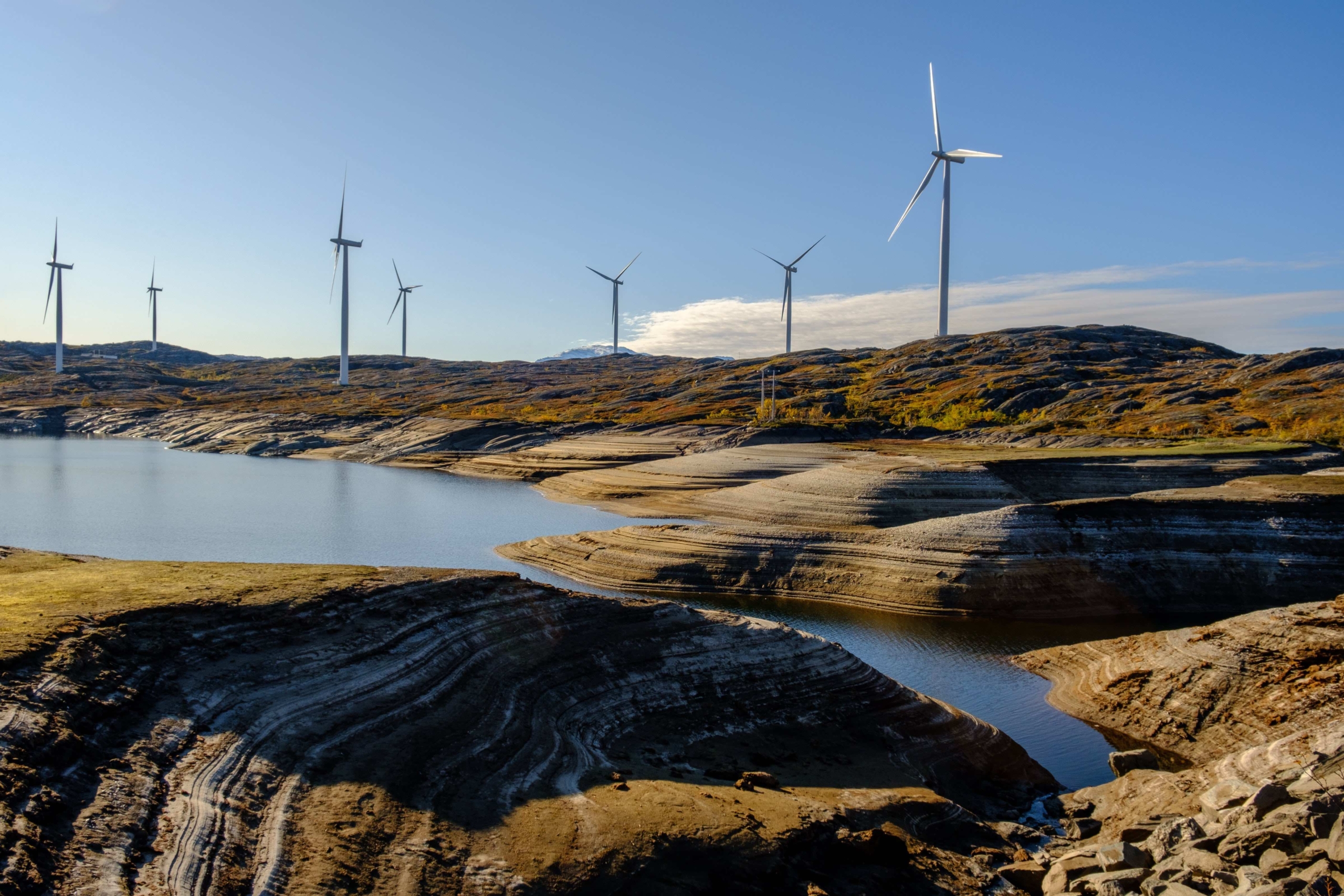Becour: Documenting renewable energy use with Energy Attribute Certificates

Many companies are aiming to go 100% renewable for all of their operations, and it’s not just a matter of installing a few solar panels. For those with activities on multiple electricity grids in different countries with different energy mixes and different regulations, this can pose a huge challenge. Thankfully, a tool called Energy Attribute Certificates can make 100% renewable both a possibility and a powerful driver of the energy transition.
Energy Attribute Certificates refer to a certificate that represents the positive attributes of 1 MWh of energy. Most commonly, this attribute is the fact that the energy was generated from renewable sources, though it can also represent different attributes, e.g. that the energy does not have negative impacts on the local environment.
This certificate is valid for a year and can be sold to electricity consumers. Once the certificate is ‘cancelled’, this counts as the consumer using 1 MWh of renewable energy. If the consumer buys and cancels enough certificates, they have documented the renewable origin for 100% of their energy consumption. This incentivizes the development of new renewable energy plants by allowing the owners to sell not only the electricity but also the certificate.
It is important to know that the certificates are traded separately from the electricity itself. This is because of how electricity works. Once 1 MWh of electricity is added to the grid, it becomes impossible to track. This is because all electricity is physically identical, so we can no longer say that a unit of electricity is ‘renewable’ while another isn’t. Then, if we want to be able to claim renewable energy use, we nee two markets – one for energy, and one for the ‘renewable-ness’ of that energy.
What are EACs?
What?: Certificates representing the positive attributes of energy production, such as being from renewable sources. They also include information on technology (i.e., wind, solar, hydro), when the energy was produced, and more.
Why?: To provide an extra income to renewable energy producers, allowing them to invest in building new renewable capacity to facilitate the green energy transition
Also known as: EACs (Energy Attribute Certificates), RECs (Renewable energy certificates), GOs (Guarantees of Origin), REGOs (Renewable Energy Guarantees of Origin), I-RECs (International Renewable Energy Certificates)
Where?: In a growing number of countries around the world. I-RECs are available on six continents and many countries also have their own national EAC systems.
Are all EACs the same?
While all EACs are a great step towards mitigating one’s carbon emissions and supporting the energy transition, some kinds of EACs are more impactful than others.
Becour works to help companies like Elopak to make their renewable energy documentation as impactful as possible. After all, the purpose of 100% renewable energy is to mitigate our carbon emissions and help to build a more sustainable energy system.
What does the future of renewable energy sourcing look like?
For companies like Elopak who have been conducting life-cycle assessments for their products, EACs open the door to extending these assessments to include power plants. A life cycle assessment involves taking into account the environmental impact of a product at all stages, from extracting the resources used in production to what happens once it is discarded. There can be a large difference in the sustainability of different power plants, due to the year built, type of renewable production, location, construction materials, so this could help them to find the most sustainable energy producers even among renewables – the best of the best.
Of course, we want to stress that we still see traditional renewable energy sourcing as a positive thing that should be the first step for all energy users. However, we see it as a stepping stone rather than as a final destination. We are confident that after seeing the first movers such as Elopak, many companies will follow. This way, we can build a renewable energy system that can cover more and more of our total energy use, all around the globe, and at all hours.
“We are excited to see frontrunners like Elopak leading the way for more transparent and impactful renewable energy sourcing”.
Lise Ulriksen, Head of Brand and Marketing at Becour

Becour facts
Year founded: 2018
Headquarters: Fredrikstad, Norway
Renewable energy use facilitated: 45 TWh
In a nutshell: Becour helps global corporate energy buyers credibly document the renewable origin of their energy consumption.
